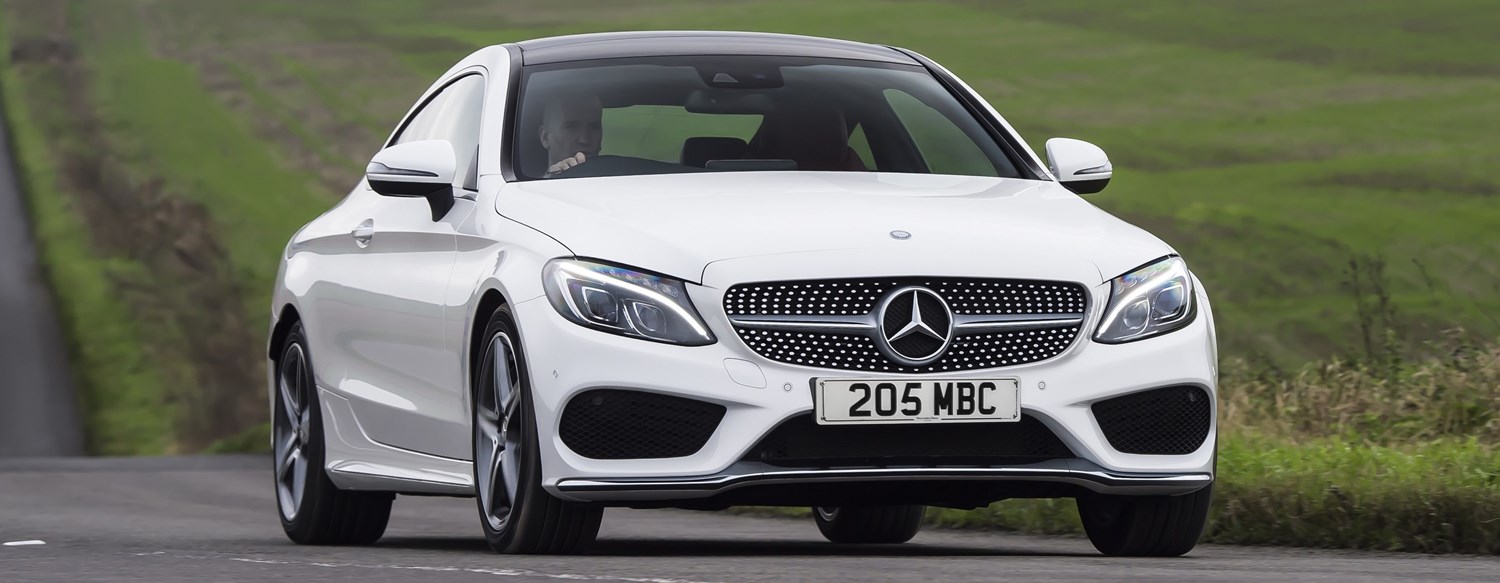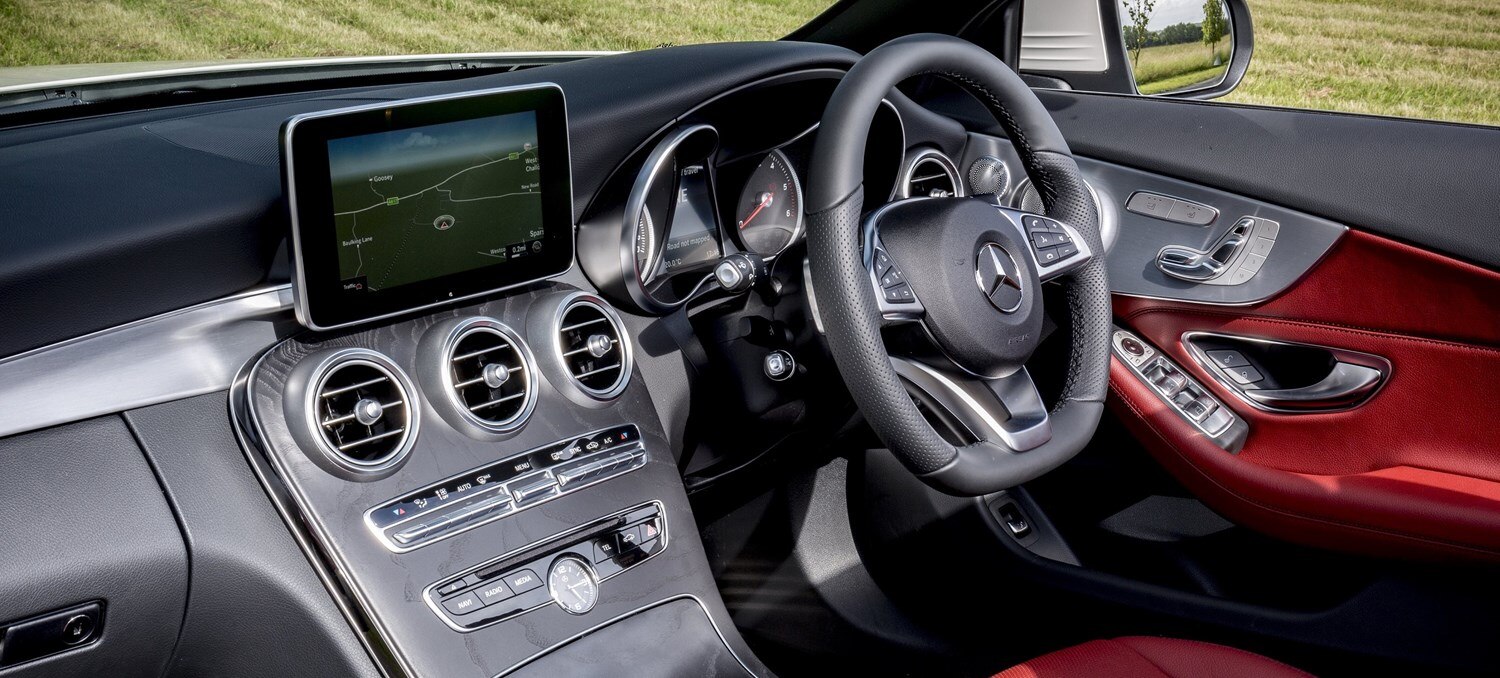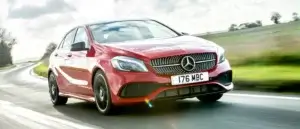History
The Mercedes C-Class was first introduced in 1993, and since then has gone through sizeable changes. It’s now in its fourth incarnation, and has grown sizeably since that first car hit the market.
Set in the compact executive segment, the C-Class has to fend off competition from accomplished rivals like the Jaguar XE and BMW 3 Series. The C-Class has always been able to offer strong levels of luxury, which has worked in its favour to draw customers away from other offerings.
The C-Class is undeniably a Mercedes. Sharing many styling cues with the larger cars above it in the range, it’s a stylish car to look at – while the prominent three-pronged star at the front of the car ensure there’s no way of mistaking it for another brand. New cars feature a design language seen on many other Mercedes, which means that despite owning one of the smaller cars in the range, you can see the lineage throughout the series.
Fitted with a range of petrol and diesel engines, it’s easy to find a C-Class to suit you. There’s also a fire-spitting AMG version sitting at the top of the range, which means that there’s certainly an offering for those looking for a performance model. There’s now a hybrid and four-wheel-drive offering, too.
If you’re looking for an extremely stylish version, Mercedes also offer a convertible version of the C-Class, meaning that you can have all of the luxury associated with the standard car, but accompanied by that wind-in-your-hair experience.
Latest model
The latest model C-Class was launched in 2014, offering buyers better levels of standard equipment, as well as improved efficiency from a series of new engines. The new car utilised more aluminium and high-tensile steel than the one it replaced, making it lighter and more efficient.
Taking styling cues from the high-end S-Class, the C-Class certainly brought luxury to the masses, while better levels of refinement ensured that it could back up these looks with a relaxing drive, too. Even those cars specified with AMG Line trim, which brings with it stiffer suspension, are still perfectly compliant on UK roads.
A new six-speed manual gearbox was introduced with this latest generation, giving drivers the option of swapping cogs themselves. You still get the option of specifying the car as a saloon, estate or coupe as well.





